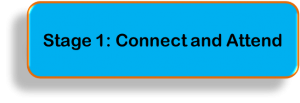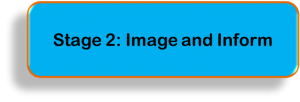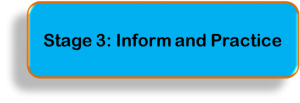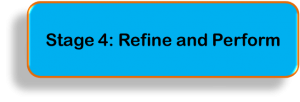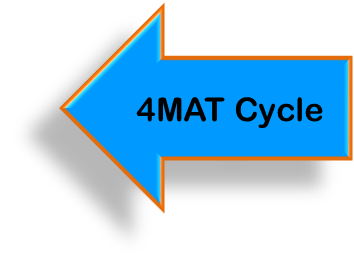Since, we are focusing on how to implement BYOD rather than what BYOD apps are available, we have decided to provide a sample lesson plan where various web mixes will be provided for different elements/stages of the unit plan. Keeping in mind the importance of TPCK, especially the importance of context in which a teacher may teach a unit plan on electricity, we provided multiple BYOD apps in specific web mixes.
Unit Plan: Electricity
Grade 9 (British Columbia)
Big Idea: electricity is the flow of electrons.
Students will be able to understand: a circuit must be complete for electrons to flow. Key topics include-
- Components: Battery, load ( e.g. light bulbs), resistor, switch
- Types of circuits: Series, parallel, and short circuits
- Current flow in a circuit: AC and DC current
- Voltage, Current, and resistance- Ohm’s law, relative dangers of current and voltage
Cultural connection: First nations culture
Spiritual
Students will value that the Earth gives us life. Students will appreciate the natural resources that are retrieved from the Earth and understand that it is the Earth that provides us with electricity.
Physical
Students will analyze the amount of electricity needed in their home city/state/country and analyze the impact it has on our Earth. Students will investigate and model an understanding of ways in which electricity is produced.
Emotional
Students will express their individual opinions about the impact we have on the Earth and its sustainment. They will identify sources of electricity that are environmentally friendly and suggest ideas to reduce the impact we have on the Earth through our usage of electricity.
Mental
Students will show their appreciation for technology and Earth as an energy force by analyzing their behaviours, and developing ways of decreasing their energy consumption in order to conserve natural resources and protect the environment.
Taken from: http://old.spiritsd.ca/learningresources/FNM%20Resources/6-9/GR6%20Science%20electricity.pdf

In order to find appropriate apps, websites, simulations, and other technology tools suitable for each stage, please click on the following buttons.
